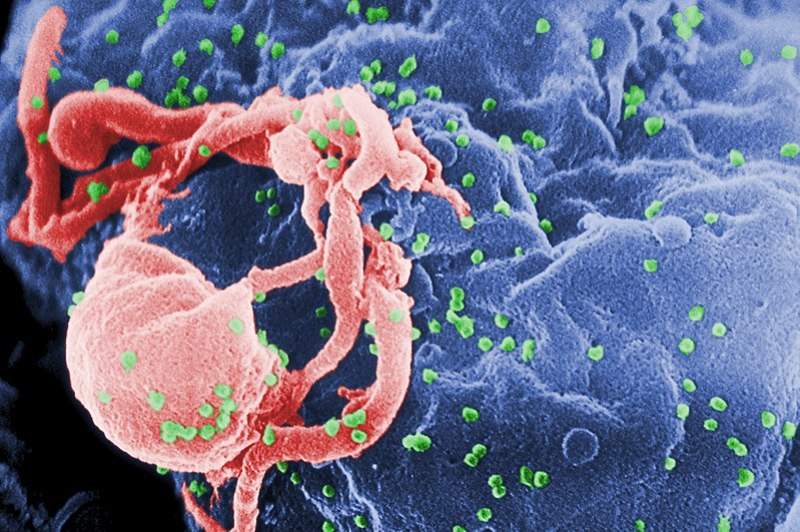
Janssen Pharmaceutical Companies of Johnson & Johnson has reported new positive 96-week data from a Phase lll EMERALD trial evaluating the efficacy and safety of Symtuza in comparison with a boosted protease inhibitor to treat adults with human immunodeficiency virus type 1 (HIV-1).
The open-label, international, multi-centre, parallel-group, non-inferiority trial enrolled HIV-1 infected patients who are treatment-naïve and virologically suppressed.

Discover B2B Marketing That Performs
Combine business intelligence and editorial excellence to reach engaged professionals across 36 leading media platforms.
Its primary objective was the proportion of patients with virologic rebound cumulative through week 48, while secondary efficacy objectives comprised protocol-defined virologic rebound from baseline through week 96 in the Symtuza group and from switch until week 96 in the late-switch group.
The data showed that switching to Symtuza brought about maintained high virologic suppression and low virologic failure at week 96, as well as low cumulative virologic rebound and no new resistance, up to 96 weeks.
The most common adverse events (AEs) reported in the 96-week extension trial were upper respiratory tract infection, viral upper respiratory tract infection, diarrhoea, headache and back pain.
These results further strengthened the long-term efficacy, resistance and safety profile of Symtuza as a treatment for virologically suppressed adults with HIV-1.

US Tariffs are shifting - will you react or anticipate?
Don’t let policy changes catch you off guard. Stay proactive with real-time data and expert analysis.
By GlobalDataJanssen Scientific Affairs US Medical Affairs vice-president Richard Nettles said: “This new data is extremely important, as it further demonstrate that through 96 weeks Symtuza offers sustained efficacy, a long-term safety profile and the protective barrier to resistance of darunavir in a single-tablet option for clinically appropriate adults.
“These are all important factors for people who require long-term HIV-1 therapy.”
Symtuza is a prescription medicine designed to be used without other anti-retroviral medicines to treat HIV-1 infection in adults.





